Recent Articles
Popular Makes
Body Types
Five Great Reasons to Buy an EV
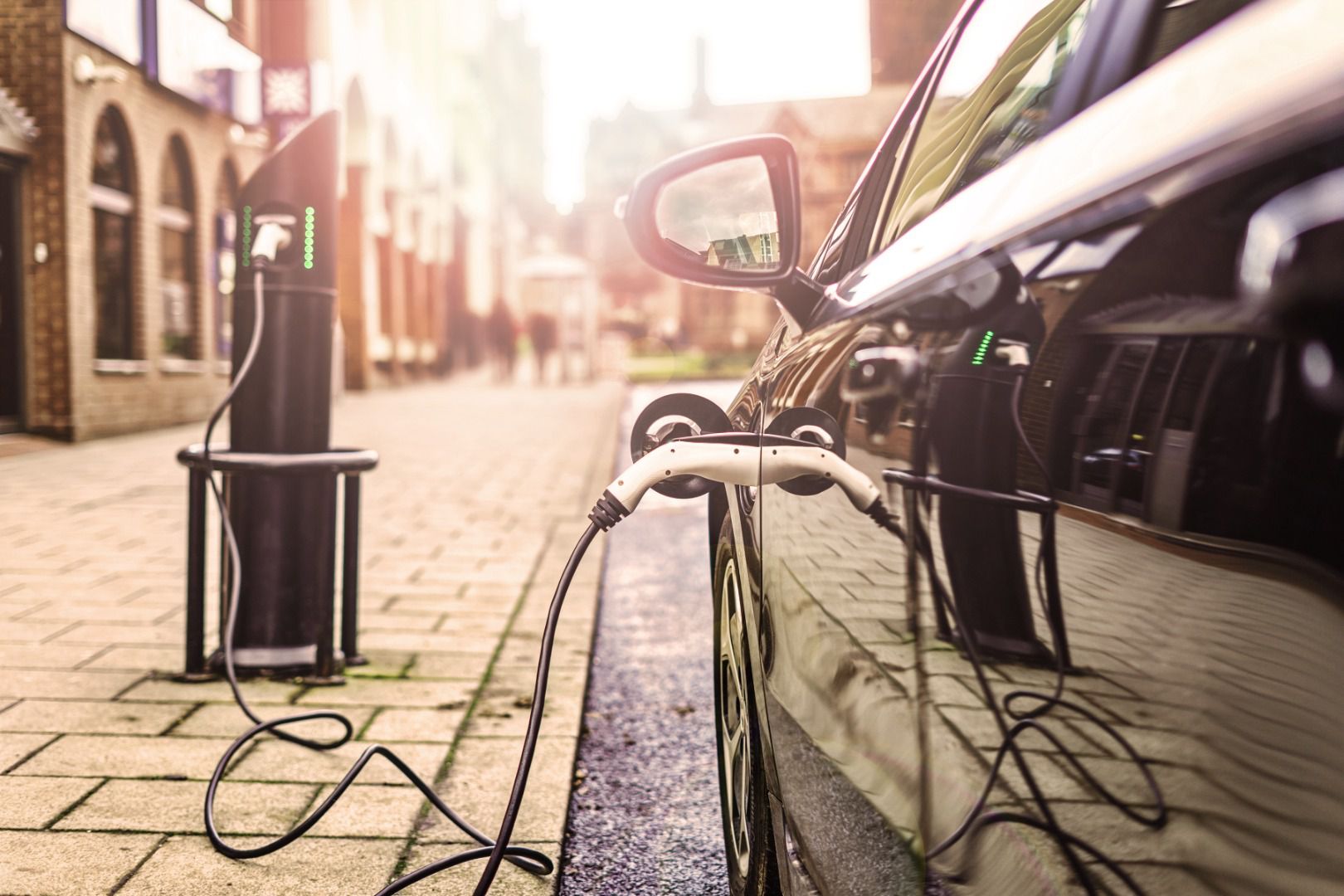
EVChargingAdobe
Now more than ever, people are considering an electric vehicle (EV) as their next car. The market share of EVs in the United States continues to grow, and the EV infrastructure is growing right along with them. Roadblocks to EV adoption — low range, long charge times, high expense — are being knocked down one by one. Progress in these areas is prompting consumers who never seriously considered buying an EV to take another look at the technology. What they will find should encourage them to move from a stance of “might consider” to “definitely will consider” — or even to “definitely will buy.” Yes, some concerns revolving around electric vehicles still remain, and some questions still need to be answered. But there has never been a better time to buy an electric vehicle than right now. As new entries from startups and established automakers continue to flow into the market, the potential problem areas are being addressed, and the positive reasons for buying a battery-electric-powered car become more powerful. Here, in ascending order, are five great reasons to buy an EV.
Great Reason No. 5: Convenience (continued)
The ability to “fill up” your car’s energy needs at home is a major plus. But EVs offer other areas of convenience as well. For instance, many employers are now offering EV charging at the workplace… and many times, the electricity is free. How’s that for a plus? You recharge as you work, and the boss pays for it. But there’s more. In many localities, drivers of EVs get special access to High-Occupancy Vehicle (HOV) lanes commonly known as carpool lanes. In some places you need a special sticker or device, but driving as a “single” in the carpool lane can save you serious time. One more convenience, too: You’ll never have to go to an emissions testing center to get your car “smogged” again. Scratch that task off your list forever.
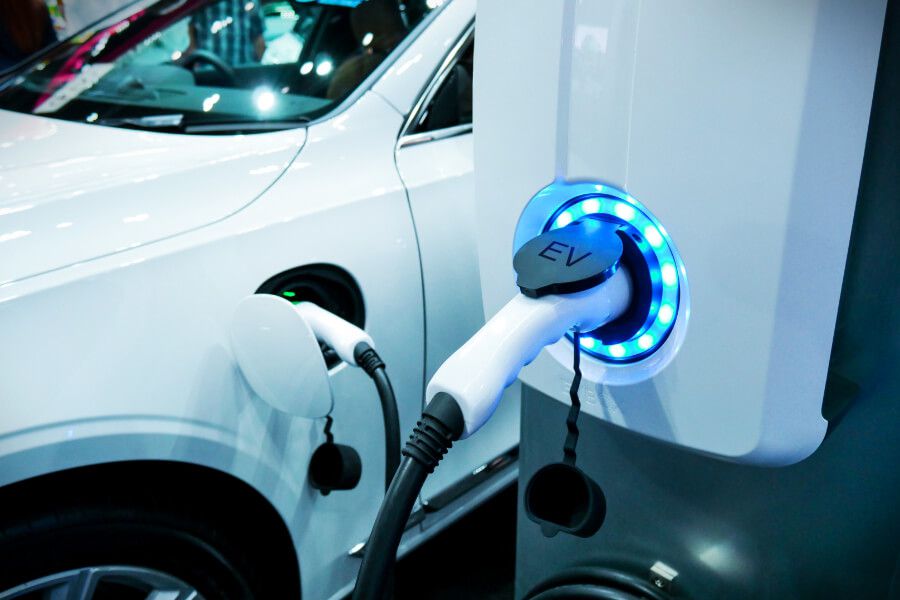
Great Reason No. 4: Government and Utility Incentives
Another great reason to buy an electric vehicle is that outside entities are willing to help pick up some of the cost. The U.S. federal government offers a substantial tax credit to those who purchase a battery-electric vehicle. The benefit can be up to a $7,500 tax credit on qualifying EVs, depending on your tax status. The good news is that most recently introduced electric vehicles qualify their buyers for this tax credit. The somewhat less-than-good news is that the EVs from two key manufacturers — Tesla Motors and General Motors — no longer qualify for the tax credit. The reason: Both have sold more than 200,000 EVs, the pre-established limit for the tax credit.

Photo by Suchada Toemkraisri-Adobe Stock
Great Reason No. 4: Government and Utility Incentives (continued)
In addition to the federal tax credit, many states and localities offer cash or cash-equivalent incentives to purchasers of EVs. Obviously the details and amounts differ depending upon where you live. In addition, many local utility companies are offering incentives for the purchase of an EV or for the installation of a home-charging unit. To determine what incentives might be available to you in your area, you are well-advised to contact your local utility. The utility’s customer service representatives should be able to detail the company’s incentive plans and special rates. They could also be a good source of state and local government incentives to purchase and operate an EV.

Photo by terovesalainen - stock.adobe.com
Great Reason No. 3: Low Operating Costs
There is no denying that the typical electric vehicle costs more than the equivalent gasoline-powered vehicle. The difference is narrowing as battery technology improves and batteries become less expensive to manufacture. The incentives we just discussed as Reason #4 also lower the real cost of an EV. In addition to those positives, once they’ve been purchased, EVs usually have much lower operating costs than the equivalent gasoline-powered vehicle. In an example drawn directly from the Environmental Protection Agency’s fueleconomy.gov website, the all-electric Volvo XC40 Recharge will save $1,715 in annual fuel costs alone versus the already economical Volvo XC40 T5. The difference is calculated at 11.5 cents per mile in favor of the electric.

Photo by Adobe Stock
Great Reason No. 3: Low Operating Costs (continued)
Fuel savings aren’t the only savings EVs offer versus conventional cars. Lower maintenance and repair costs can offset the premium purchase price of an electric vehicle and can even lead to overall cost-to-own savings. Much depends on how long you own the EV. A recent Consumer Reports survey involving hundreds of thousands of its members showed that drivers of EVs pay half as much to repair and maintain their vehicles as drivers of conventional vehicles. The study said consumers who purchase an electric car can expect to save an average of $4,600 in repair and maintenance costs over the life of the vehicle compared with a gasoline-powered car. RepairPal says that by the time a vehicle reaches its fifth year, EVs cost about $900 a year to repair and maintain versus about $1,200 for a comparable gasoline-powered car.

Photo by Dave - stock.adobe.com
Great Reason No. 2: Better Driving Experience
One benefit of an electric vehicle that is hard to quantify but certainly verifiable is that it provides a better driving experience. From almost every dynamic parameter, an EV provides an enhanced behind-the-wheel experience in comparison to a car powered by an internal combustion engine. By nature, a gasoline engine is neither as smooth nor as vibration-free as an electric motor. The burning of fuel in each cylinder of an internal combustion engine creates noise and vibration that is transmitted to the driver, passengers, and the car’s surroundings. Further a gasoline-fueled car must employ a transmission that is another source of vibration, shock, and noise. EVs are usually so silent that some are equipped with sound-creators to warn pedestrians they are nearby.
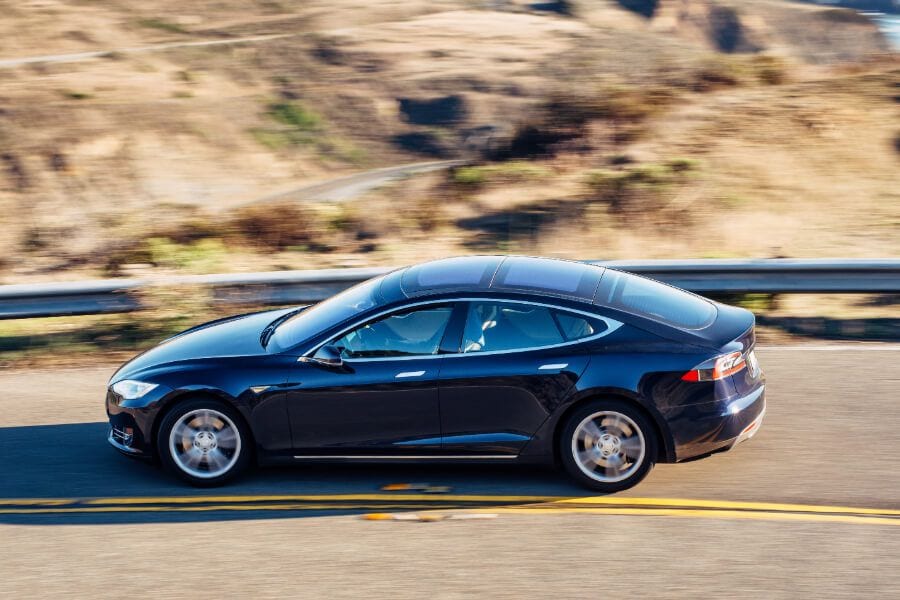
Great Reason No. 2: Better Driving Experience (continued)
Smooth, silent operation is one aspect of EVs’ better all-around drivability, but not the only one. Many contemporary EVs are very quick to accelerate because they bring 100% of their motor torque to bear immediately. Because of this, some of the quickest production cars in the world are now EVs. Further, designers and engineers have exploited the fact that electric motors are light, compact, and efficient. Often EVs have more than one electric motor, creating multi-motor all-wheel-drive vehicles with very impressive off-the-line torque. Electric motors are very controllable and can be programmed to work in concert with one another in ways that are impossible with a gasoline-fueled powerplant.
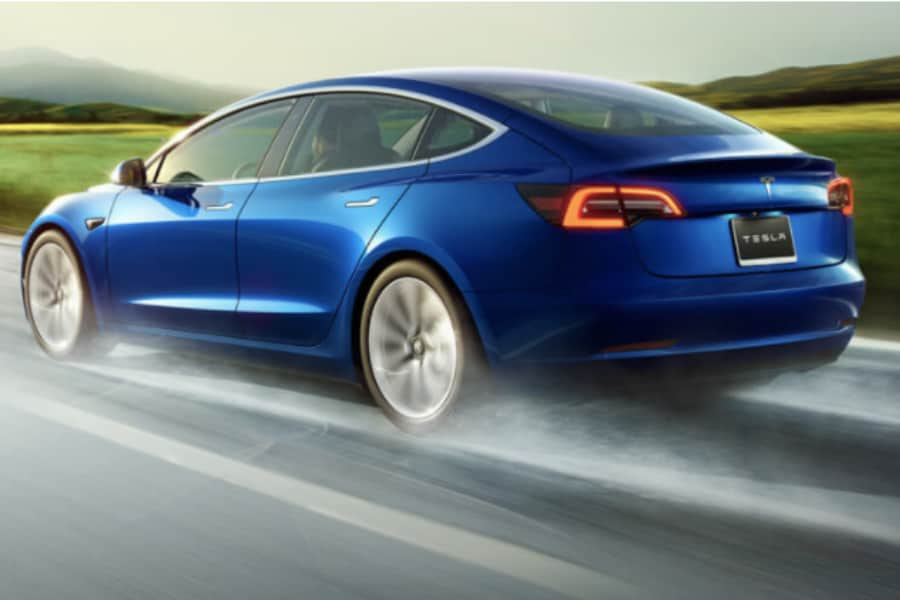
Photo by Tesla
Great Reason No. 1: Zero Emissions
With all this said, the most compelling reason to buy an EV is because it is a zero-emissions vehicle. While the generation of the electricity that an electric vehicle uses might be the source of pollution and carbon dioxide emissions, EVs themselves do not emit anything except a negligible amount of fumes from their lubricants. While today’s gasoline vehicles are very “clean” versus vehicles of two generations ago, they do produce harmful gases like carbon monoxide, benzene, and formaldehyde. Diesel engines also produce “particulates.” While some of these are produced only in trace amounts, none of them is benign from a public health point of view.
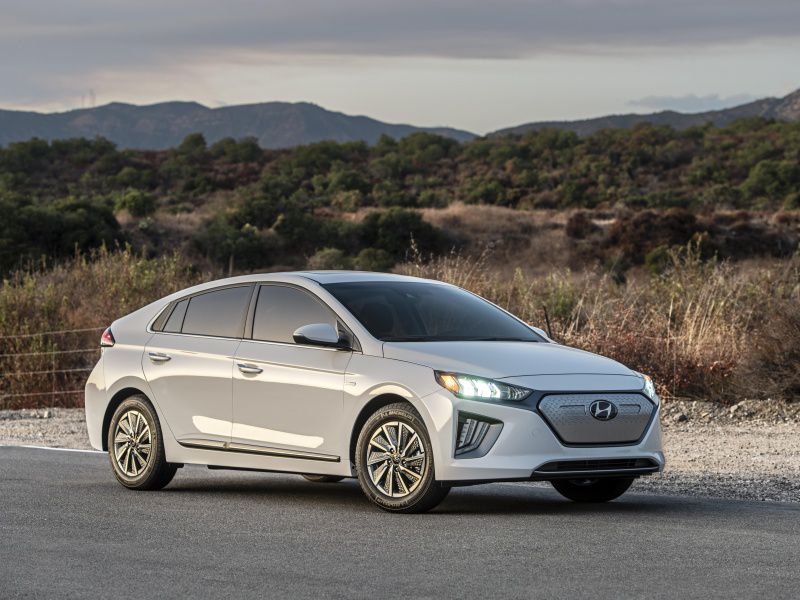
Photo by Hyundai
Great Reason No. 1: Zero Emissions (continued)
The key rationale for moving from conventional hydrocarbon-fueled vehicles to battery-electric vehicles is the strong suspicion that vehicle emissions contribute to and perhaps accelerate global climate change. Of course, the world’s climate is always in a state of change as any student of natural history can tell you. But the theory that increased carbon buildup in the atmosphere is causing the climate to change is the foundational reason to switch from fossil-fuel-based vehicles to EVs. As we shift away from natural gas and coal-fired plants to “greener” technologies, EVs will contribute even more to a carbon-free future. And that could be a tonic for the planet and us all.
